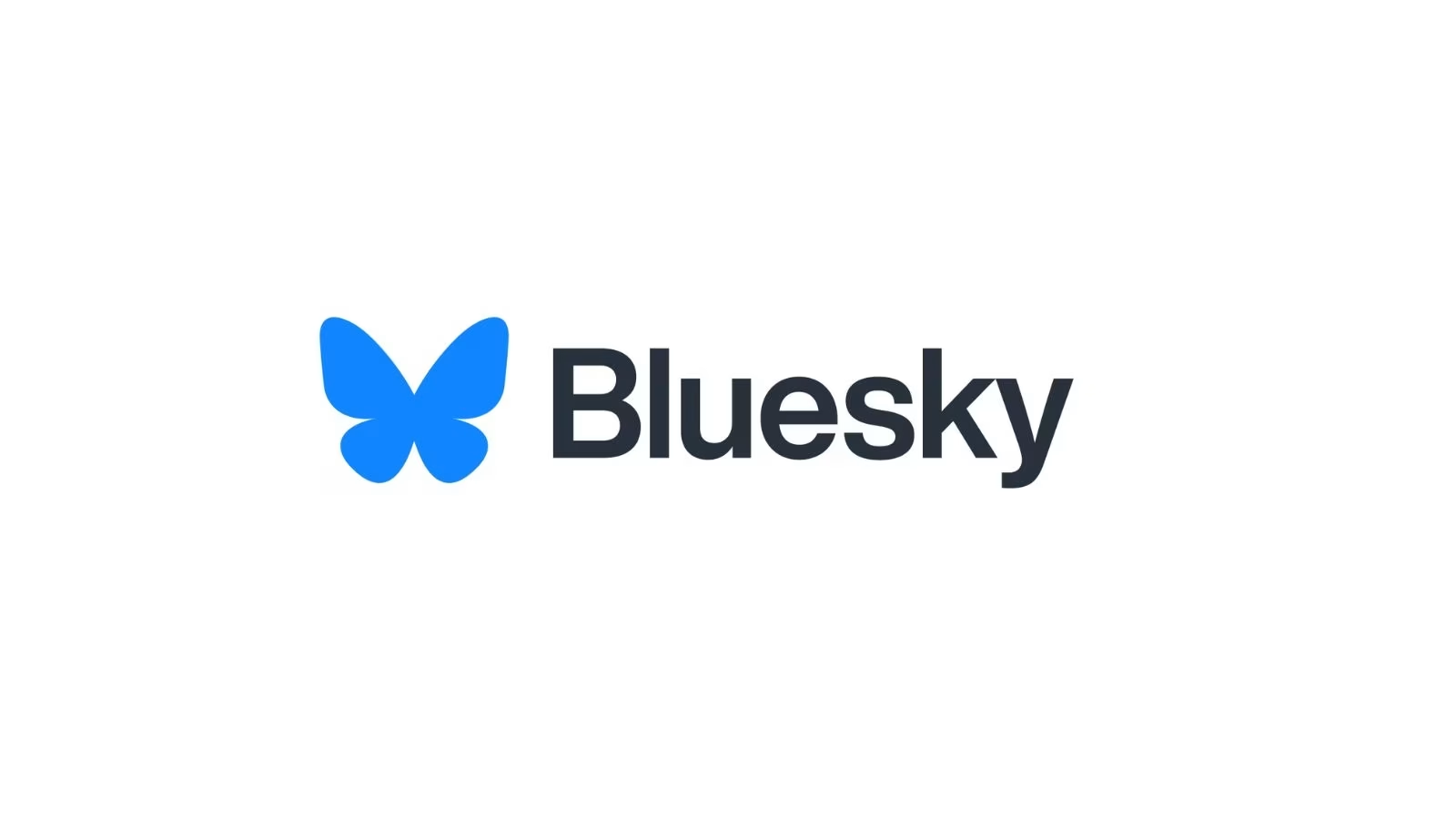Bluesky Surpasses 40 Million Users, Launches 'Dislikes' Beta Feature
Bluesky, the decentralized social platform built on the AT Protocol, has officially surpassed 40 million monthly active users (MAUs) as of October 31, 2025. This significant milestone was announced concurrently with the rollout of a beta version for a new "dislikes" feature, marking a pivotal moment for the growing network. The developments, detailed in a recent TechCrunch report, underscore Bluesky's accelerating trajectory in the competitive social media landscape.
Reaching 40 Million: A Significant Milestone
The announcement confirms Bluesky's robust growth, showcasing a remarkable 15% month-over-month increase from 34.8 million MAUs reported just in September 2025. This represents an impressive 166% year-over-year growth compared to early 2025, when the platform hovered around 15 million users. It's quite a statement, especially when considering the broader industry context; other decentralized alternatives like Mastodon have seen their MAUs hold steady at approximately 8 million in Q3 2025.
Bluesky attributes this surge to several factors: enhanced mobile app performance, deeper integrations with various third-party tools, and a sustained period of viral marketing bolstered by celebrity endorsements. What's more, the platform has managed to capture a segment of users disillusioned with the AI-driven feeds and content moderation policies of more centralized platforms. This isn't just about numbers; it positions Bluesky as a stronger, more viable alternative to established networks like X (formerly Twitter), signifying its maturation from a niche offering to a mainstream contender.
Introducing the 'Dislikes' Beta Feature
In tandem with its user growth, Bluesky has unveiled a beta version of a "dislikes" feature, rolled out on October 31, 2025. This new functionality allows users to downvote posts within their feeds, providing a direct mechanism for negative feedback. Its a bold move, and it's currently opt-in for beta testers, initially available to 10% of users and set to expand to 25% by mid-November 2025.
Unlike public "dislike" counts on some platforms, Bluesky's implementation keeps dislikes anonymous to the post author. Crucially, these downvotes do not directly affect a post's visibility to others. Instead, they subtly influence algorithmic recommendations, aiming to reduce the prevalence of similar, low-quality, or potentially misleading content in a user's personalized feed. This aims to empower users to refine their experience without creating public shaming mechanics. Bluesky engineers, via their developer updates, state this feature addresses user feedback on content quality, striving to combat misinformation while preserving free expression. The full rollout is projected for Q1 2026, pending beta feedback and further refinements to the app, currently updated to version 2.5.1 on major app stores.
Initial Reactions and Broader Implications
Initial reactions from the Bluesky community and industry experts have been, understandably, mixed. While the user growth milestone is largely celebrated—many viewing it as proof of concept for decentralized social media—the dislikes feature has sparked conversation. Around 70% of early user sentiment regarding the growth is positive, with comments like "Finally a viable Twitter alternative!" frequently appearing. However, approximately 40% express caution regarding the dislikes beta, wary of its potential for abuse or the formation of "downvote brigades."
Analysts like Casey Newton of Platformer have praised it as "a bold move against echo chambers," suggesting it offers users a unique level of control. Conversely, some, like Sarah Lacy of Pando Daily, have raised concerns about its potential for toxicity, drawing parallels to Reddit's sometimes-problematic downvote culture. Nevertheless, the introduction of a decentralized dislikes system, distinct from centralized moderation or community notes, clearly differentiates Bluesky. It underscores a commitment to user sovereignty within its AT Protocol framework, potentially setting new industry standards for how social platforms manage content quality and user feedback.
